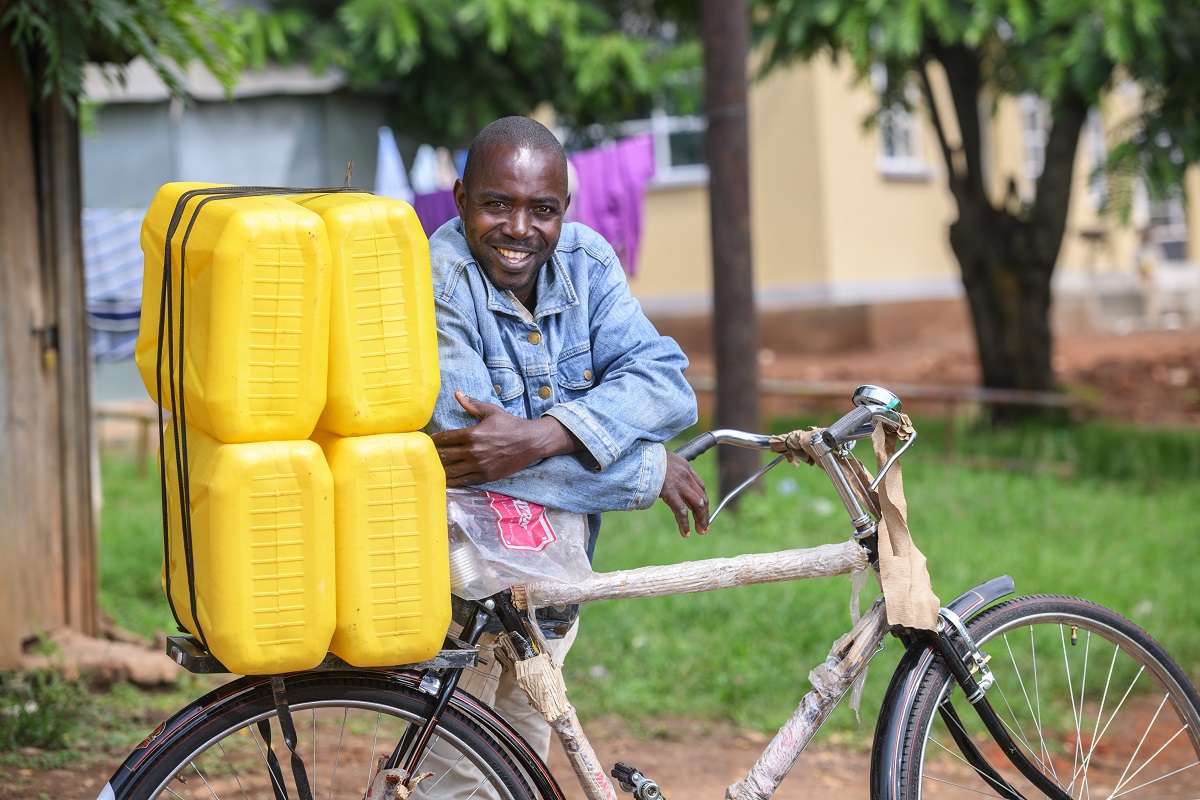Having proper sanitation systems, clean water to drink, and hygiene education make up the building blocks of successful and healthy communities. But when refugees are forced from their homes and living in previously uninhabited areas, these elements are often missing. It’s a little bit like building a town from the ground up.
Systems to Save Lives
In refugee camps and underserved places around the world, we work to build sanitation infrastructure, clean water taps, and provide hygiene education. We then work side by side with these communities to establish, rehabilitate, and upgrade infrastructure, fostering safer environments by building appropriate solid waste management systems, storm water drainage, preventing soil erosion, and stopping the spread of disease through insect control.
Building resilience and emergency response preparedness is key, particularly in areas affected by recurring crises and extreme weather or natural disasters. That’s why infrastructure, as well as developing a sustainable management system that works, is so important to the future of refugee communities.

Program Locations:
Alight currently provides WASH (Water, Sanitation, and Hygiene) support in:
- The Democratic Republic of Congo – Eastern Congo with returnees and formerly displaced populations.
- Myanmar – people living in the rural parts of Mon State in Southeast Myanmar
- Rwanda – in refugee camps across the country, mainly serving Congolese and Burundian refugees
- Somalia – displaced families, returnees, and underserved communities in Mogadishu, Kismayo and the rural and nomadic people of Lower Juba region
- South Sudan – displaced populations and communities in Eastern Equatoria and North Bahr el Ghazal
- Sudan – displaced populations in South and East Darfur
- Syria – displaced populations living in collective shelters in Damascus, Homs, Hama, and Aleppo governorates
- Thailand – in three refugee camps on the Thai-Myanmar border with refugees from Myanmar